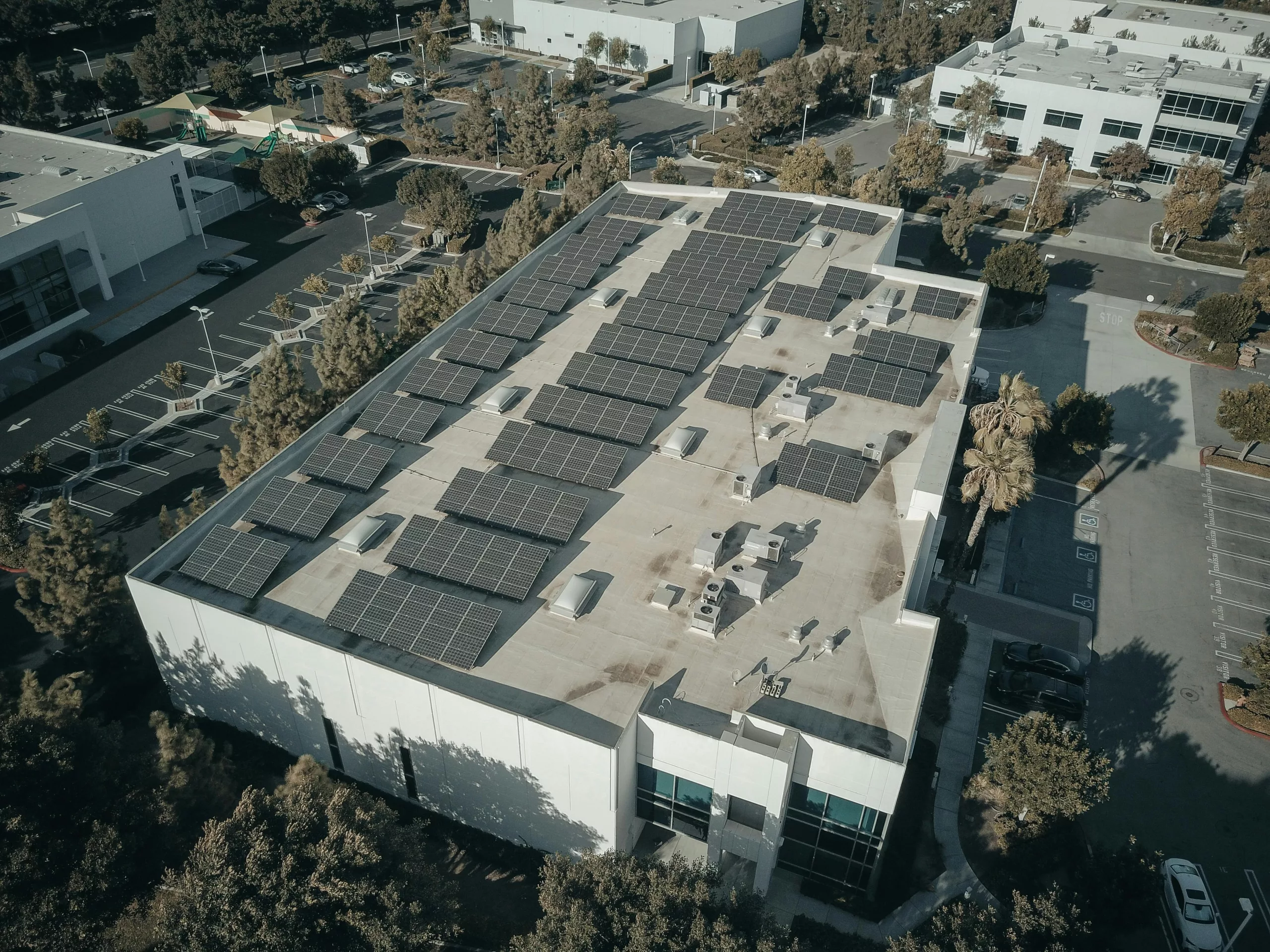As part of an ambitious move to spearhead sustainability within the federal government, the Pentagon is poised to undergo a significant transformation. The iconic defense headquarters is set to embrace renewable energy by installing an array of rooftop solar panels, marking a pivotal shift towards environmental responsibility.
Comprehensive Energy Solutions for the Pentagon
The transition to renewable energy at the Pentagon doesn’t stop at solar panels. In an effort to significantly reduce its carbon footprint, the installation will also welcome a state-of-the-art heat-recovery heat pump system in conjunction with solar thermal panels. This innovative approach is not just about clean energy but also about ensuring a high degree of energy independence, steering away from traditional fossil fuels.
Meeting Ambitious Energy Goals
There’s nothing token about the measures being implemented at the Pentagon. With an imposing 6.6 million square feet of space and a workforce of 26,000 individuals, the plan is to harness the power of solar energy and heat pump systems to supply a remarkable 95% of the facility’s space and water heating needs. The goal is clear: achieve a net-zero energy footprint, making one of the world’s most recognized defense establishments a leader in environmental stewardship as well.
Impressive Cost and Energy Savings
The Pentagon’s embrace of clean energy is not just good for the planet—it’s good for the budget, too. With expected savings soaring over 7 million kWh of electricity and more than 128,000 MMBtu of natural gas annually, the Department of Defense anticipates significant financial savings, estimated at around $1.36 million each year. It’s a win-win for both the environment and the taxpayer’s wallet.
Deputy Secretary of Defense Kathleen Hicks highlights the broader implications of the initiative, “By rethinking how we generate, distribute, and use energy, DoD is making our installations more resilient, better securing our critical infrastructure, and saving money — a win for warfighters and taxpayers alike.”
Federal Facilities Embark on Energy-Saving Missions
The initiative at the Pentagon is part of a larger wave of energy-conscious projects funded through generous grants by the US Department of Energy. Under its Assisting Federal Facilities with Energy Conservation Technologies (AFFECT) program, 31 federal facilities are beneficiaries of $104 million to pursue clean energy projects, sourced from the $250 million allocated by the Bipartisan Infrastructure Law.
Among these are installations like the Department of Transportation, which plans to apply energy-gathering photovoltaic film to its south-facing windows, as well as the DOE’s Forrestal Building, slated for a comprehensive upgrade to energy-efficient, double-pane windows. It’s clear that the Pentagon’s leap towards sustainability is just one part of a broader effort to modernize federal facilities with cleaner, more efficient energy solutions.
These sweeping changes indicate a decisive step forward in the government’s role as an exemplar of sustainability and clean energy adoption. With significant savings and an eye on future resilience, federal installations are gearing up to lead by example in the urgent transition to renewable energy sources.
